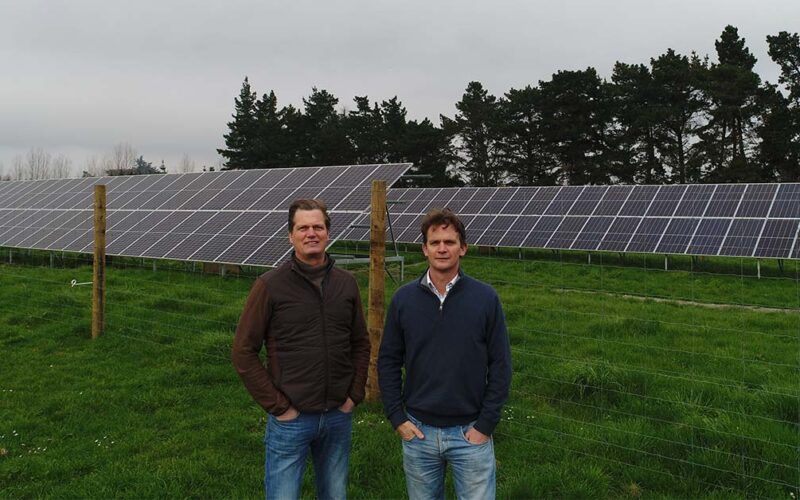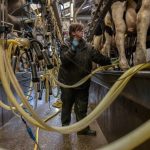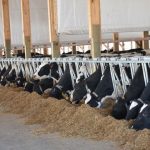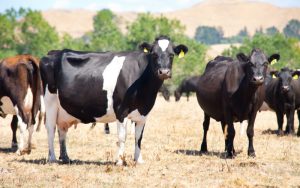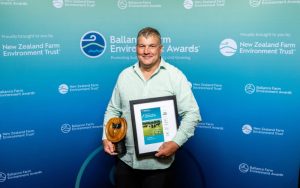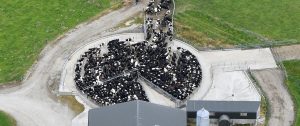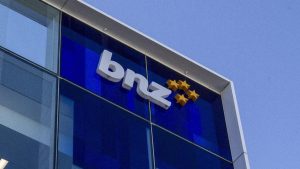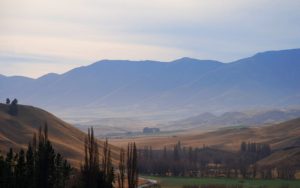
A pre-Christmas partnership announcement between the NZ Green Investment Finance fund and Solagri Energy promises to boost the use of solar power on New Zealand dairy farms.
The deal provides $10 million debt financing facility through the government-sponsored NZGIF and will aim to fund more than 100 farm solar power systems in three years.
The NZGIF was established by the government as a “green” investment bank focused on funding projects to increase the rate of investment in lower carbon energy systems across four key sectors – transport, process heating, commercial buildings and agriculture.
Solagri Energy commissioned its first investor-owned solar system on a North Canterbury dairy farm in September 2020 (see Farmers Weekly September 21 2020). The company’s investment model is aimed at installing solar arrays and battery storage on farms with zero capital outlay from the landowners.
Its Rangiora system on the property of Richard Stalker includes a 58kW solar array and a 128kW battery system, with Stalker contributing a quarter of a hectare for the site’s footprint.
Solagri CEO Peter Saunders said the investment will increase the rate of solar array rollout on dairy farms, particularly as farmers grapple with rising input costs.
“Solagri’s power purchase agreement offering gives farmers the price stability and other advantages that come with solar, without increasing their debt burden, enabling them to continue to focus on their investment in their core business,” Saunders said.
He said the company has eight systems at differing stages of consent and construction, with new work in the pipeline.
The project comes as electricity costs start to loom larger among dairy farmers’ budgetary concerns.
The electricity futures market is projected to surge over 20c/kWh late this year, representing a massive rise for farmers who may be coming off contracts of 9-10c/kWh.
In 2020-2021 season the average irrigated Canterbury dairy farm’s operating expenses amounted to $5.25 per kilogram of milk solids.
Irrigation costs including electricity were 31c/kgMS, while additional electricity use was 9c/kgMS.
Saunders said solar energy had not been a realistic renewable energy option for many farmers until now, with the power purchase agreement enabling farmers to “have their cake and eat it too”.
“We are excited about working with NZGIF and what this investment allows us to do for the NZ farming community. Every new solar array we build frees up existing hydro-generation to be used in other parts of the economy.”
The project also comes as interest in large-scale solar arrays in provincial NZ ramps up.
One of the biggest working through the consenting process is the Todd Generation project on state highway 5 near Taupō at Rangitaiki. The 400 mW project is to be built on a 1022ha dairy unit and will comprise 900,000 solar panels.
Other projects are under construction or proposed in Edgecumbe, Te Aroha and Kaitaia.
